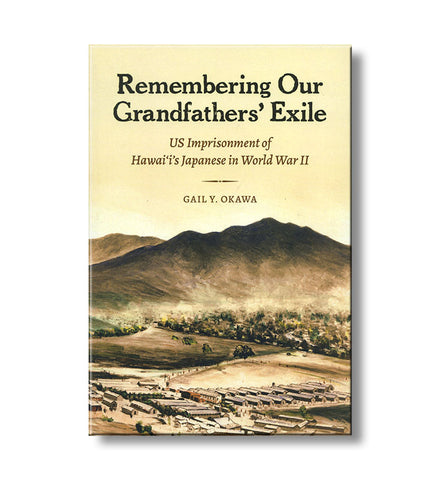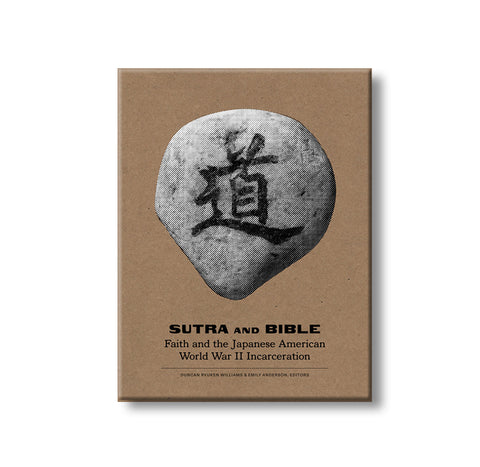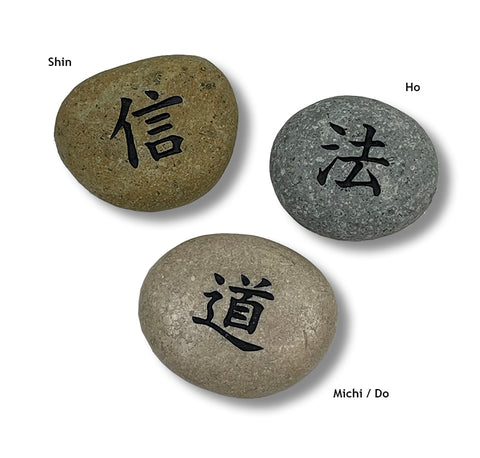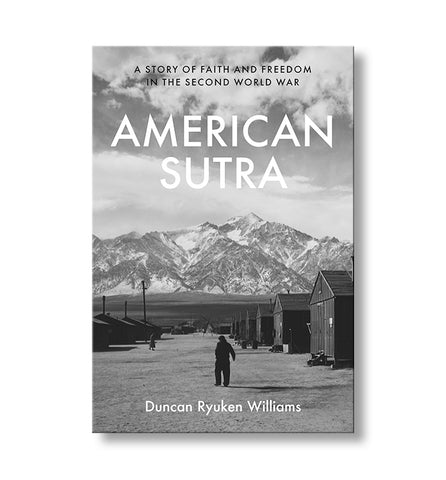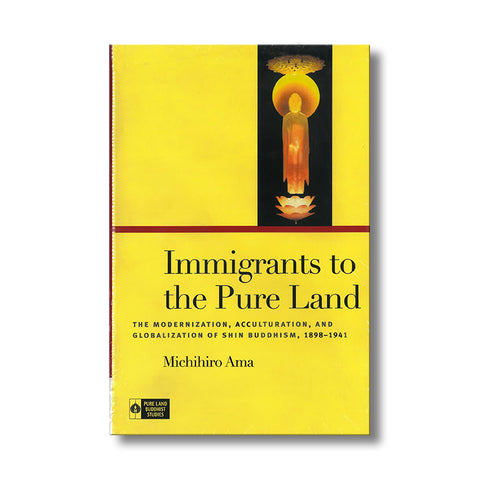Remembering Our Grandfathers’ Exile: US Imprisonment of Hawai‘i’s Japanese in World War II
By Gail Y. Okawa.
Remembering Our Grandfathers’ Exile is a composite chronicling of the Hawai‘i Japanese immigrant experience in mainland exile and internment during World War II, from pre-war climate to arrest to exile to return. Told through the eyes of a granddaughter and researcher born during the war, it is also a research narrative that reveals parallels between pre-WWII conditions and current twenty-first century anti-immigrant attitudes and heightened racism. The book introduces Okawa’s grandfather, Reverend Tamasaku Watanabe, a Protestant minister, and other Issei prisoners—all legal immigrants excluded by law from citizenship—in a collective biographical narrative that depicts their suffering, challenges, and survival as highly literate men faced with captivity in the little-known prison camps run by the U.S. Justice and War Departments.
Okawa interweaves documents, personal and official, and internees’ firsthand accounts, letters, and poetry to create a narrative that not only conveys their experience but, equally important, exemplifies their literacy as ironic and deliberate acts of resistance to oppressive conditions. Her research revealed that the Hawai‘i Issei/immigrants who had sons in military service were eventually distinguished from the main group; the narrative relates visits of some of those sons to their imprisoned fathers in New Mexico and elsewhere, as well as the deaths of sons killed in action in Europe and the Pacific. Documents demonstrate the high degree of literacy and advocacy among the internees, as well as the inherent injustice of the government’s policies. Okawa’s project later expanded to include New Mexico residents having memories of the Santa Fe Justice Camp—witnesses who provide rare views of the wartime reality.
Paper: 272 pp.

